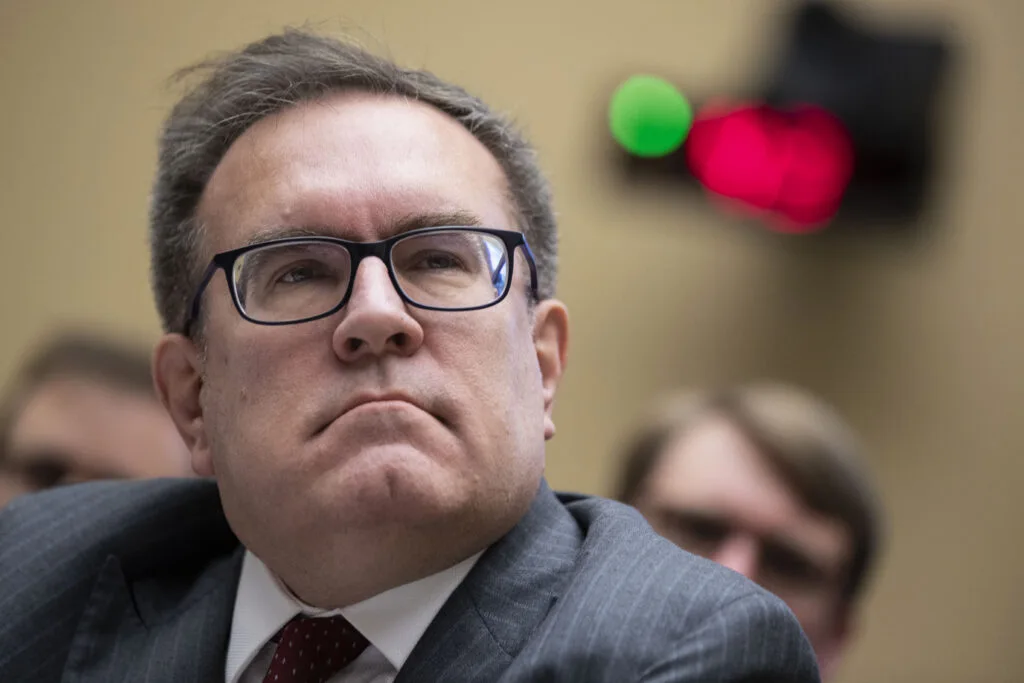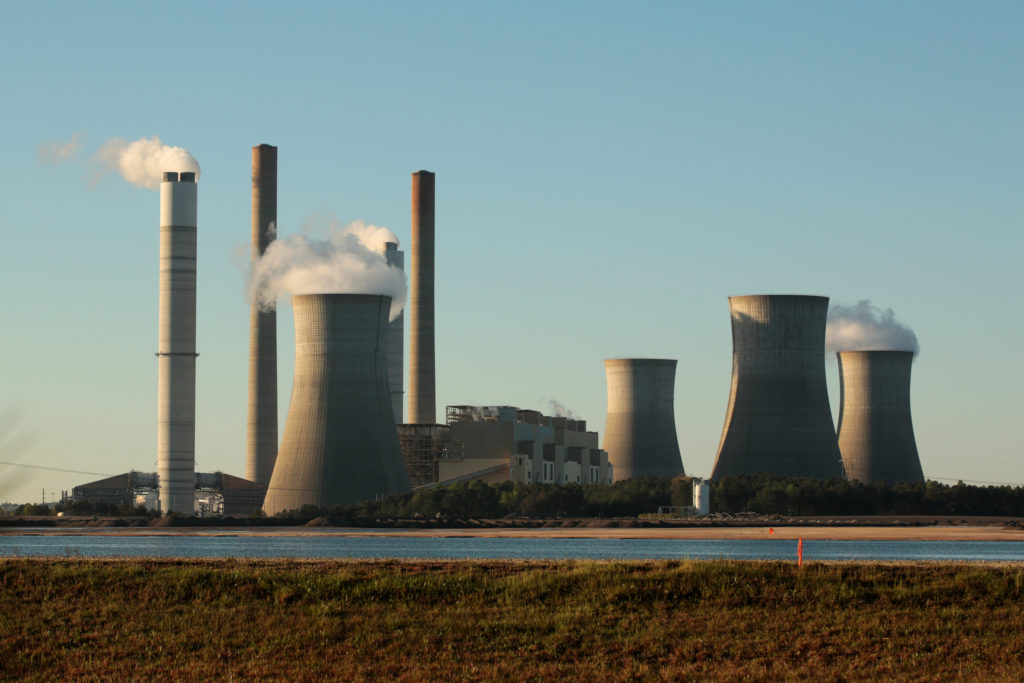During the Coronavirus Crisis, the Trump Administration’s Environmental Rollbacks Continue

April 10, 2020
Share
This week, a national study from the Harvard School of Public Health suggested a statistically significant link between air pollution levels and COVID-19 death rates.
As the coronavirus pandemic has unfolded, the Trump administration has taken several steps to roll back environmental regulations established to combat pollution and climate change, and to alter the way the agency responsible for enforcing them operates.
An Environmental Protection Agency spokesperson said the agency maintains its antipollution standards, and “is committed to protecting public health by improving air quality and reducing air pollution.” The spokesperson also disputed the Harvard study, saying the authors “miscalculated our guidance,” and noting that air pollution levels have “decreased substantially over the past decade.”
Since the beginning of March, the EPA has lowered fuel economy and emissions standards for the auto industry, in what it described as “the largest deregulatory initiative of this administration”; temporarily loosened enforcement of some compliance regulations for businesses if they are facing COVID-19-related challenges that impact monitoring and reporting; and clarified a proposed rule that would tighten parameters on research the agency uses to inform its decisions and rule-making.
In its announcement of the new fuel rule, the EPA said the move would benefit both the auto industry and consumers in a time of economic difficulty, lowering the cost of new vehicles and “making it easier for Americans to afford to buy newer, cleaner, and safer vehicles.” The EPA also said the move would not impact the agency’s “strict antipollution standards” and would reduce emissions over the long term.
An EPA spokesperson also said that the temporary changes in enforcement guidance related to COVID-19 are “not a blanket waiver of enforcement,” that “all regulated entities are expected to comply with all applicable requirements,” and that the agency doesn’t expect to see an increase in air pollution as a result of the guidance.
In the 2017 documentary War on the EPA, FRONTLINE traced how Republicans opposed the EPA under the Obama administration as it aggressively pursued a clean energy agenda — a sentiment that then-candidate Donald Trump carried onto the campaign trail, vowing to end what he described as “the war on coal” and casting new environmental regulations as “ridiculous” and unfairly burdensome.
The documentary traces how the fossil fuel industry methodically fought back against Obama-era regulations with the help of a “strike force” of state attorneys general led by Scott Pruitt — who would go on to serve as Trump’s first EPA administrator — and it shows how an anti-EPA advertising blitz downplayed the threat of climate change and hammered home a message that resonated with many voters: Your jobs are under attack, and the EPA is to blame.
The current administrator of the EPA is Andrew Wheeler, an attorney who at one time worked as an energy industry lobbyist. Watch War on the EPA for the backstory on how the battle over environmental regulations and climate science has been waged:
Editor’s Note: This story has been updated to incorporate comments from the EPA, and to provide further clarification about the agency’s recent initiatives.

Related Documentaries
Latest Documentaries
Related Stories
Related Stories
Explore
Policies
Teacher Center
Funding for FRONTLINE is provided through the support of PBS viewers and by the Corporation for Public Broadcasting, with major support from Ford Foundation. Additional funding is provided the Abrams Foundation, Park Foundation, John D. and Catherine T. MacArthur Foundation, Heising-Simons Foundation, and the FRONTLINE Trust, with major support from Jon and Jo Ann Hagler on behalf of the Jon L. Hagler Foundation, and additional support from Koo and Patricia Yuen. FRONTLINE is a registered trademark of WGBH Educational Foundation. Web Site Copyright ©1995-2025 WGBH Educational Foundation. PBS is a 501(c)(3) not-for-profit organization.





















